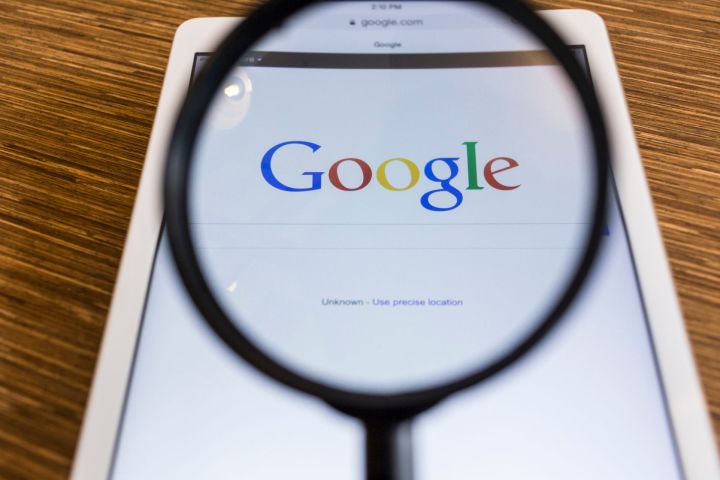
Of course, it seems unlikely that the company will make the change permanent unless there’s some significant advantage to doing so, and that’s not looking like a sure bet considering the social media backlash that seems to have arisen thanks to the testing.
Google saw my blue links and they've painted them all black,
No colours any more, they want them to turn black! pic.twitter.com/NItnW8NF05— Mark Summerfield (@patentology) May 9, 2016
Seriously Google this black links thing is killing me it's like the guy from Bauhaus is wailing all my search results at me
— Gregor Stuart Hunter 翰冠格 (@gregorhunter) May 9, 2016
Only the search headings seem to have changed color, while the text under the headings remain the same black and green colors.
Google puts a lot of effort into the text colors it uses. A few years ago the company started testing different shades of blue for its results, a decision that ultimately made the company an extra $200 million. In the end designers couldn’t decide between two shades, so they tested 41 different shades between each blue to see which shade users preferred. The company showed each blue to one percent of its users, eventually finding that users tended to click on a blue with a slight purple tinge to it. More recently, the firm spent a few months testing navigation buttons that were blue instead of red, ultimately deciding to go with the blue.
While obsessing over the small details may end up benefiting Google, it doesn’t always benefit the company’s engineers.
“It’s true that a team at Google couldn’t decide between two blues, so they’re testing 41 shades between each blue to see which performs better,” reported Doug Bowman, an ex Google designer, in a public statement he made when he left in 2009. “I can’t operate in an environment like that. I’ve grown tired of debating such miniscule design decisions. There are more exciting design problems in this world to tackle.”
Google’s search results have evolved over time, and with good reason. It will be interesting to see whether or not the company ends up going with the black, however it will have a ton of unhappy customers to deal with if it does so.
